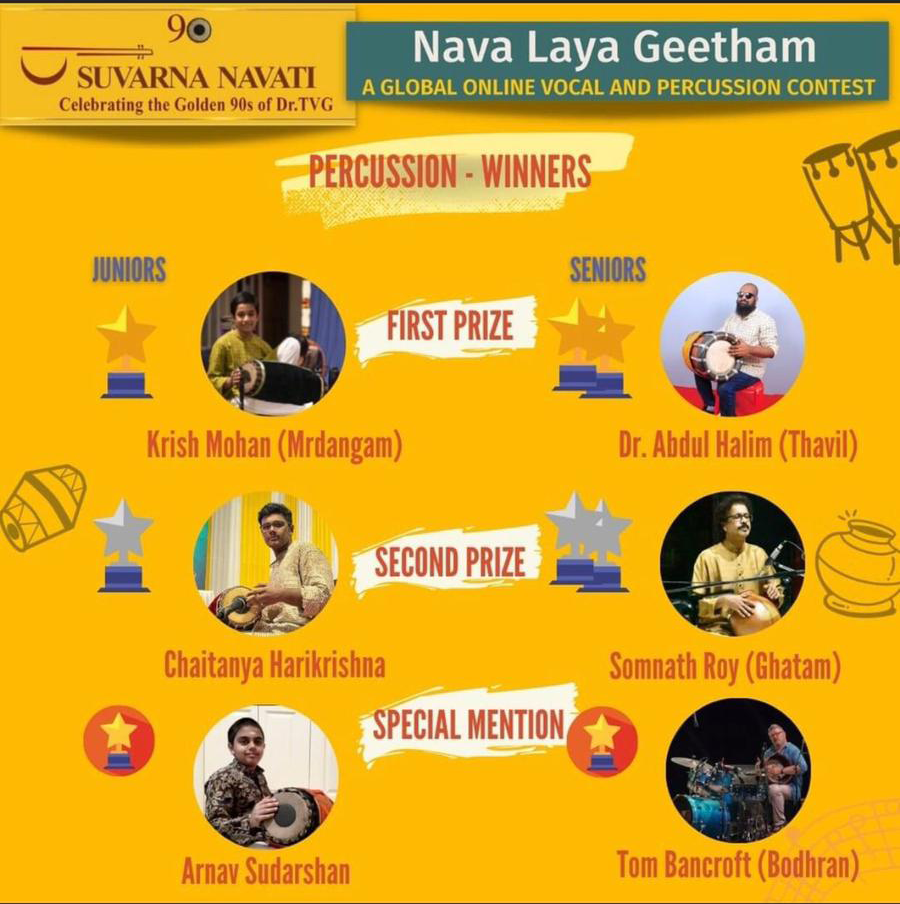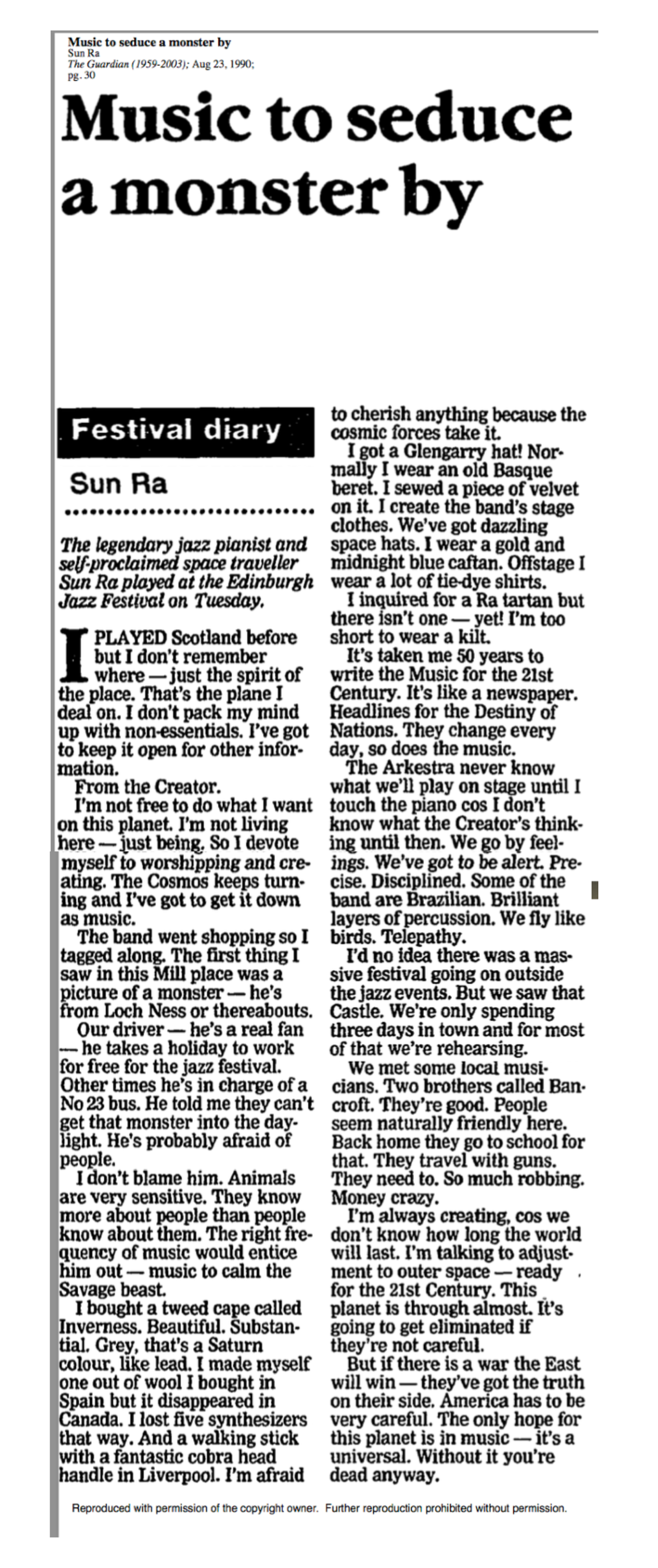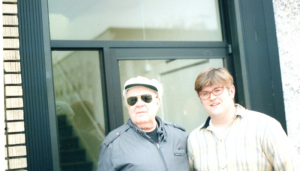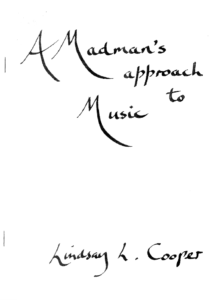Tom..er…playing drums?
November 4, 2023First livestream from the Outhouse on November 2nd 23 with the great Fergus McCreadie….
Tom Playing Drums… again
September 15, 2023This is a track ‘Secret Path’ from a great new album from Fraser Fifield which I am playing on.
You can hear whole album here:
https://fraserfifield.bandcamp.com
Tom Playing Drums…
This was a concert during lock down in May 2021. Phil and I had been playing together alot at his farm during lockdown in a barn.
Really enjoyed this session – although the Blue Lamp with an audience is one of my favourite places to play!
Tom Art
August 13, 2023TVG 90 Competition – I came third!
October 4, 2022
Of interest to Bodhran Geeks/Southern Indian Music Fusion Freaks/Supporters of Men in Man Caves/People in People Caves….
So I am delighted to say that I came third in a global Southern Indian online drumming competition!
I had to send a video of me playing a composition by TVG (see below) in round one, and then I got to the final and the 9 finalists were sent a brand new composition which we had about 3 days to learn. Then we had to send a video of us playing the
Sun Ra Says…
April 17, 2022Yes this is total showing off…. but fuck it…
Here is the story of how I got to play with Sun Ra and what happened (at least how I remembered) – apologies to DL who is a very nice man and a fantastic musician.
Memories of Studying with Joe Morello
April 8, 2022I recorded these for an interview for a research thing. It was fun so I thought I’d put them up here. I was in Ghana and during the recording I get interrupted by my wife, nearly burn down the hotel room, there’s a lizard, and my wife
Lindsay L Cooper’s A Madman’s Approach To Music
February 19, 2021This is a beautiful music manifesto/poem from the sorely missed wonderful person and musician – Scottish bass and tuba player Lindsay Cooper.
To see the pdf click here
Playtime Interval Interview: Bonus extras
February 1, 2021Playtime Interval Interview: Tom Bancroft – Good bits that couldn’t fit into the interviews with Greg Lawson, Haftor Medböe, and Paul Towndrow. With Tom Bancroft
Playtime Interval Interview 18: Playtime Interval Interview (Blonde hair warning)
Playtime Interval Interview: Tom Bancroft interviews Dutch musician Jorrit – who is based in Boston – about being Dutch, jazz and improvised music as a form of resistance and protest, and reflect on the Multi Story Karma Park gig from 1997 – which featured Jorrit and Martyn Bennett (who died 16 years ago today) amongst many others – with some video footage from that gig featuring Martyn.. It is beautiful!



